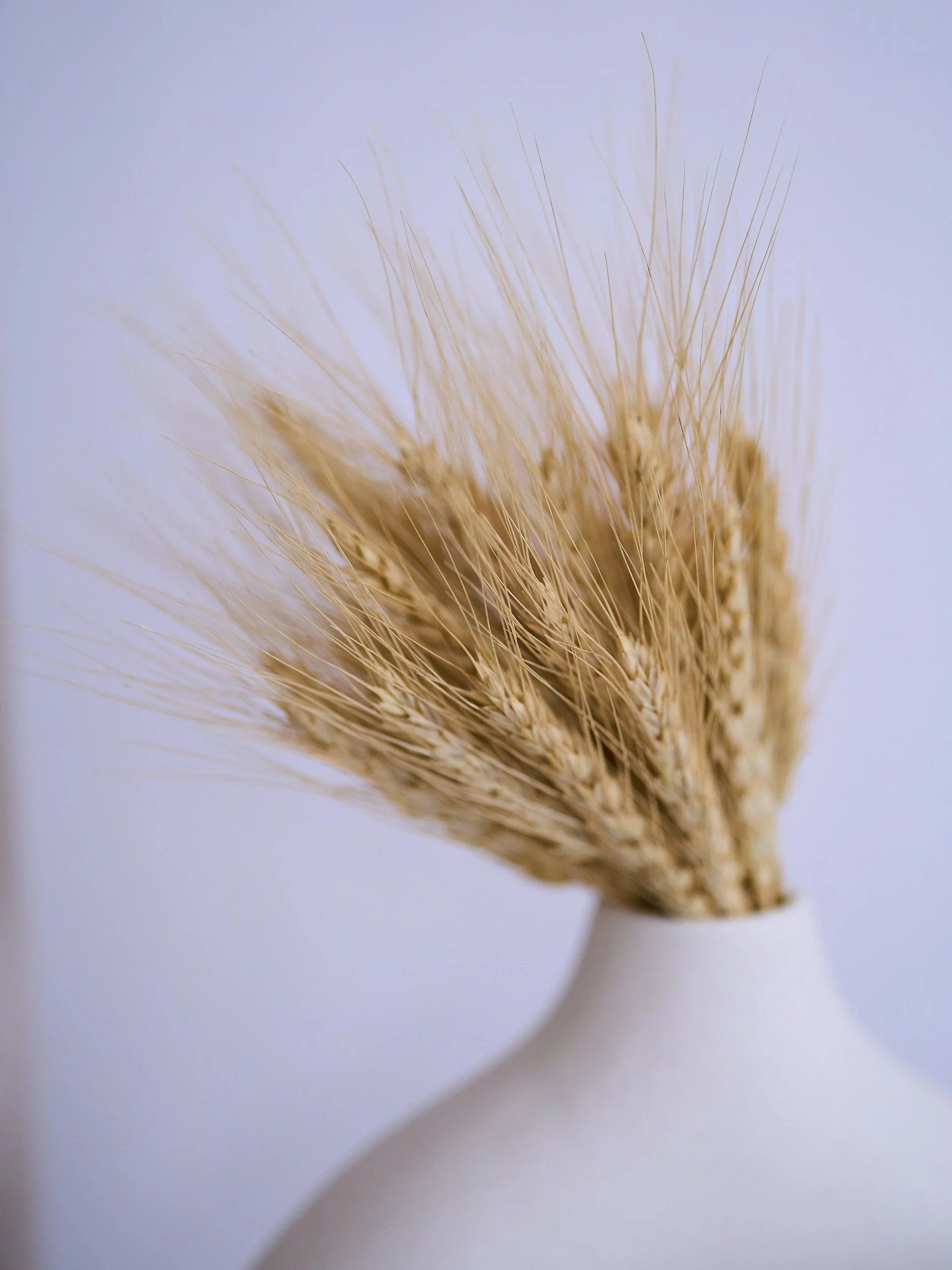Fertility acupuncture blog
Explore expert insights from our founder Dr Tamara Roe on fertility, acupuncture, and integrative wellness — helping you navigate your journey to parenthood with evidence-based, holistic care.
How GLP-1 Supports Fertility: Natural Alternatives to Enhance Insulin Sensitivity
For patients with insulin resistance-related fertility challenges, incorporating GLP-1 enhancing strategies—both natural and pharmaceutical—can significantly improve outcomes. Natural supplements provide a promising adjunct or alternative to pharmaceutical GLP-1 agonists, especially for individuals seeking holistic and integrative approaches.
Navigating the Holidays While Trying to Conceive: Protecting Your Peace and Finding Joy
The holidays can be a challenging time when you’re trying to conceive, but with thoughtful planning and self-compassion, you can create moments of joy and peace amidst the season. Remember, it’s okay to prioritize your needs and protect your emotional well-being. This holiday season, give yourself the gift of grace, and know that you are not alone.
How Gluten Sensitivity & Inflammation Impact Digestive & Reproductive Health
Chronic inflammation triggered by gluten sensitivity not only disrupts hormone balance but also affects the health of reproductive cells, impacting both egg and sperm quality. When inflammation becomes persistent, it creates a cycle of cellular damage and increased free radical activity. This oxidative stress can harm cell membranes, DNA, and other vital structures in eggs and sperm, leading to compromised quality and reduced fertility potential.
Understanding MTHFR Mutation & Its Impact on Fertility, Pregnancy & Miscarriage
If you’ve heard of the MTHFR gene mutation, you might wonder what it means for your health, especially when it comes to fertility and pregnancy. In my practice, I see many patients with this genetic variation, and I’ve had great success supporting them with acupuncture, functional medicine, herbal medicine, lifestyle modifications, and nutrition. I have treated patients with long-standing infertility or recurrent pregnancy loss, where once I identified the MTHFR mutation or variation through lab work and addressed it with my integrative treatment approach, they have gone on to have successful pregnancies. Let’s explore what this mutation is, how it may affect your health, and what you can do to optimize fertility and pregnancy outcomes.
BPA & Fertility
Bisphenol A (BPA) is a prevalent industrial chemical utilized primarily in the manufacturing of specific plastics and epoxy resins. BPA disrupts normal hormone signaling and reproductive function in both males and females, resulting in impaired fertility, pregnancy complications, and developmental effects on offspring. Minimizing BPA exposure, particularly during critical developmental periods like preconception, pregnancy, and childhood, is crucial for safeguarding reproductive health. This involves avoiding BPA-containing products such as certain plastics and canned foods, and opting for safer alternatives whenever feasible.
Ovarian Reserve and Egg Quality: FSH, AMH, and AFC
What should be emphasized, however, is that quantity of eggs does not automatically translate to quality of eggs. There can be a high ovarian reserve with poor egg quality. Conversely, a young woman may have a low ovarian supply due to genetic factors, but she may still have good quality eggs. Usually a woman’s age is combined with her estimated ovarian reserve to predict the quality of her eggs. Because there is not a medical test to determine egg quality, the only real test of egg quality is a live birth.






